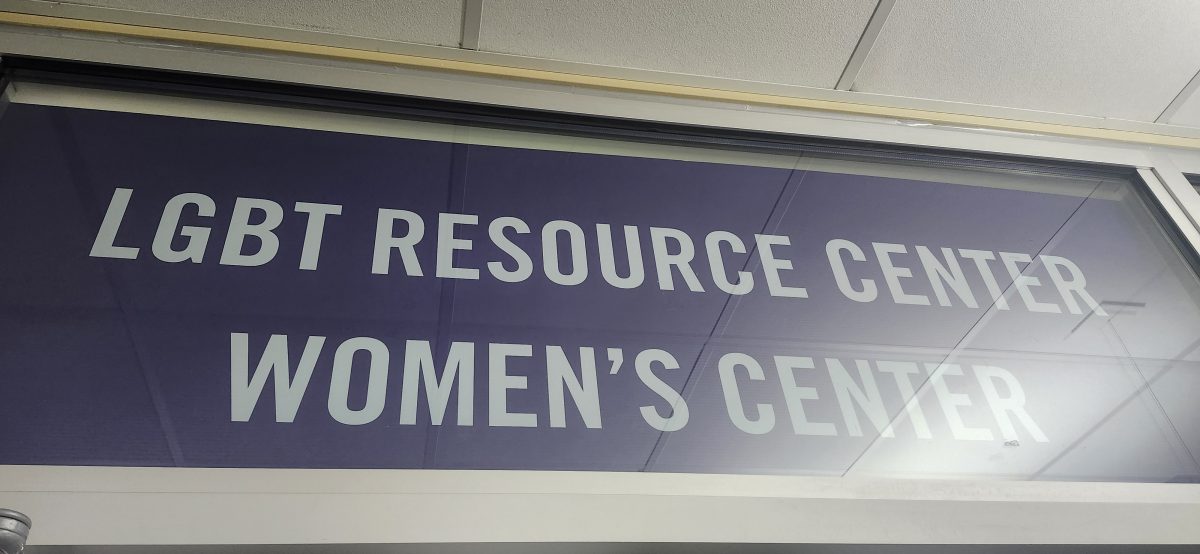Remember that game where you’d sit around with grade-school boredom and ask your peers, “Would you rather . . .” and what followed would be two options of unspeakably horrible and sometimes obscurely torturous situations. You had to pick which you’d rather endure, either for life or your untimely demise. You couldn’t refuse either choice and loopholes were not an option.
Now, when it comes to selections like “getting thrown into a volcano” or “eaten alive by cannibals,” maybe even “getting 20 paper cuts in a row” or “listening to ‘Call Me Maybe’ 20 times in a row,” some of these have enough one-in-a-million novelty value that they could be shirked off easily, but what about if you were gambling with someone’s actual worst nightmare?
It might seem strange to imagine all the phobias people seem to be capable of nowadays, such as cowering in the fear of vomit or a thunderstorm, but sometimes you just can’t help what you’re afraid of or what has really scarred you subconsciously.
However, one that surprises me is the count of people who claim to have social phobia, which, in the past, has been ranked statistically only second to a fear of spiders.
The medical definition for social phobia is an anxiety disorder characterized by a persisting irrational fear of situations in which the individual may be scrutinized by peers or unfamiliar individuals. This can be related to any social situation, and not only branches out with fears like stage fright and a fear of public speaking, but can even occur when someone is in a small group setting and may be judged on the slightest personal quirks.
I can understand completely the nervous feeling that comes as you stand up to perform anything in front of a group of people. Whether you’re presenting a big project in front of a mandatory class or participating in some kind of live performance, there is always a sense of vulnerability a person can feel when they stand before an audience of any size. No matter what it is you’re doing, you are exposing a piece of yourself to a group of people who may have the power to form an everlasting verdict about your abilities and the overall quality of your “presentation.”
But honestly, would someone seriously jump to endure Chinese water torture before they’d be caught under a spotlight of any kind?
Now, I personally have an intense and obscure fear of holding reptiles. Not of reptiles themselves, just of touching them. I’m actually quite fascinated by them. But if you even try to shove one toward me while commanding, “Go on, hold it,” I will cry, flee and, if backed into a corner, I will buckle down and hyperventilate dramatically over the thought of being responsible for having such a thing against my skin.
However, if the unfortunate day ever arrives that an iguana should happen to be thrust into my arms, I may have several reactions, but dying will not be one of them.
I believe frequent exposure is the only way to conquer a fear, and if something like negative social judgment is stopping you from obtaining what could be the chance of a lifetime, there is a simple mind-over-matter remedy that should be applied so that you can move on with your life.
Then again, I wonder if social phobia truly does exist in the young generation of today, because even if people claim they fear peer disapproval, they still post every wild and embarrassing pic on Facebook. They still post their randomly free-formed, un-spell-checked thoughts on Twitter, and they desperately seek a “guaranteed” 15 minutes of fame by performing anything imaginable in front of a video camera that will promptly be transferred to YouTube in order to await liking, disliking and viral recognition.
Perhaps this is why it’s called an “irrational fear.” If it were truly rational to completely fear what every other person on earth thought of you, social networking and possibly the Internet as a whole would crumble as a communication industry.
People will have their opinion no matter what, but maybe the fear should be less of what their judgments will cause and more about the opportunities in your life that could be hindered.













